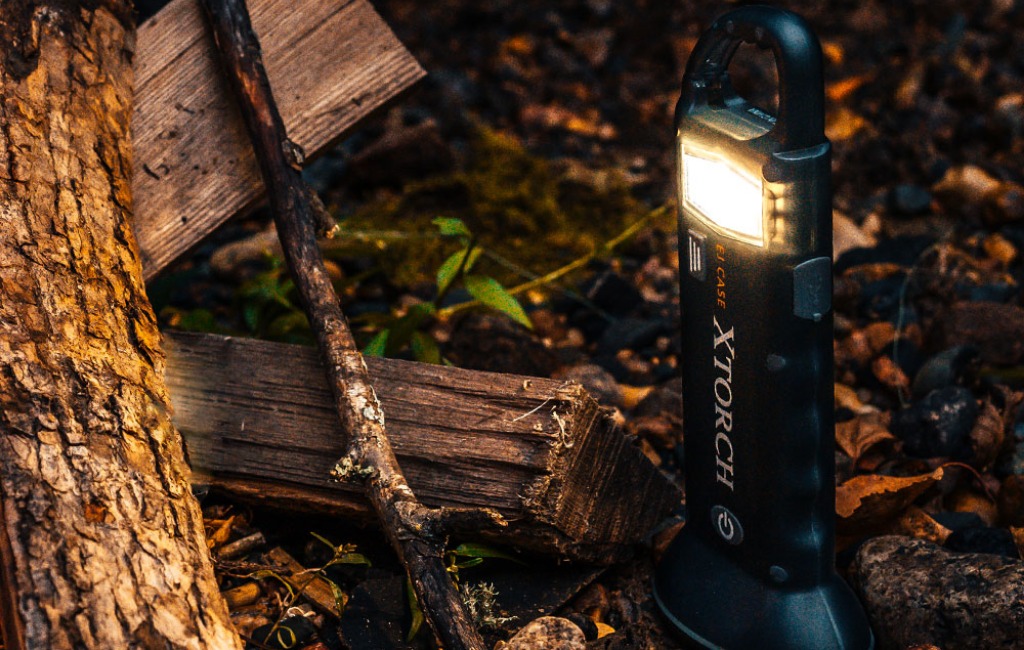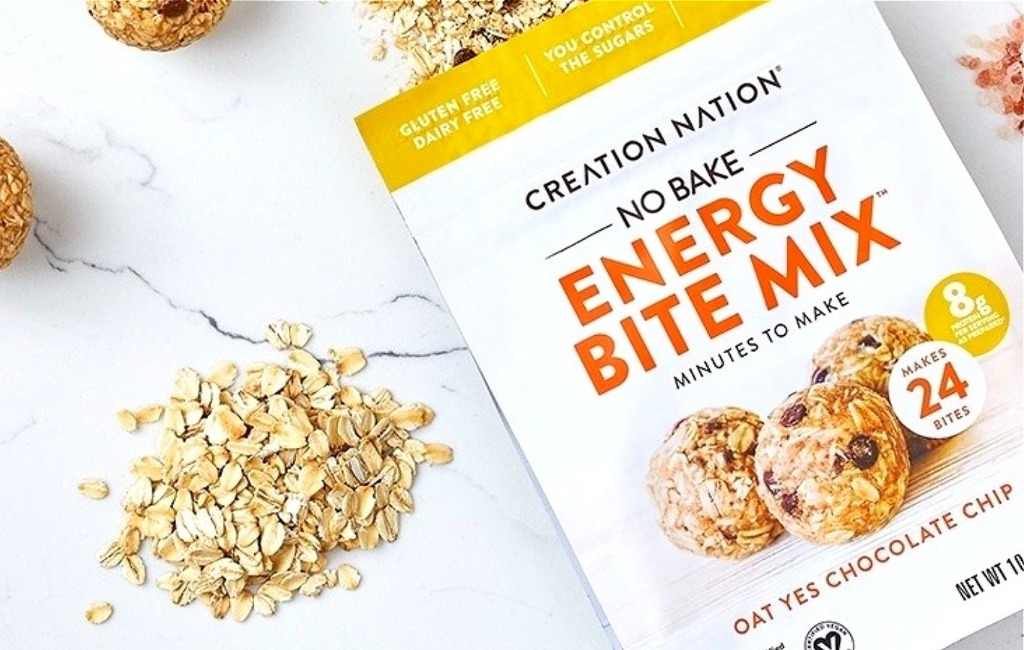BEERMKR Automatic Beer Brewing Machine
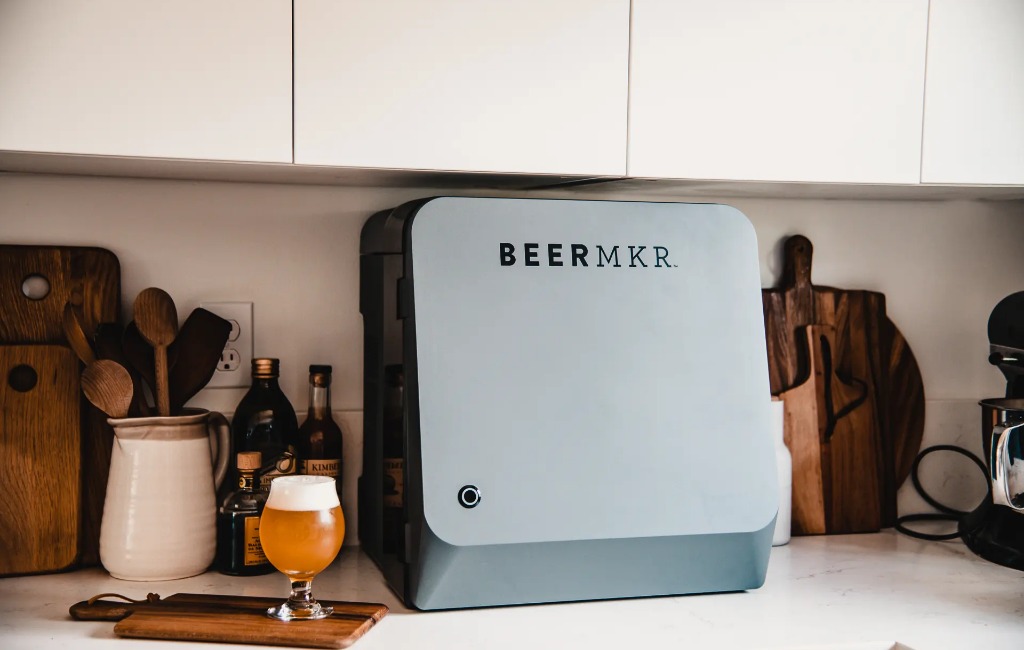
NO DEAL
EPISODE SUMMARY
🕓 Air Date: May 7, 2023
Asking For:
$500,000 for 2%
Investor:
No Deal
Deal:
No Deal
PRODUCT SUMMARY
BEERMKR is an all-in-one countertop craft-brewing appliance that simplifies the home brewing process, allowing anyone to make craft beer at home with ease.
WATCH HERE
IN A RUSH?
Click these to jump to the section you want to read.
Background Story
Founders Aaron and Brett, both with MBAs from Cornell, hail from Boulder, Colorado, and share a passion for craft beer. They met while attending business school and initially started the company in an entrepreneurship class, focusing on home-brewing temperature-control devices. Their shared love for beer and the complexities of home brewing led them to create BEERMKR as a solution to make craft beer brewing more accessible to everyone.
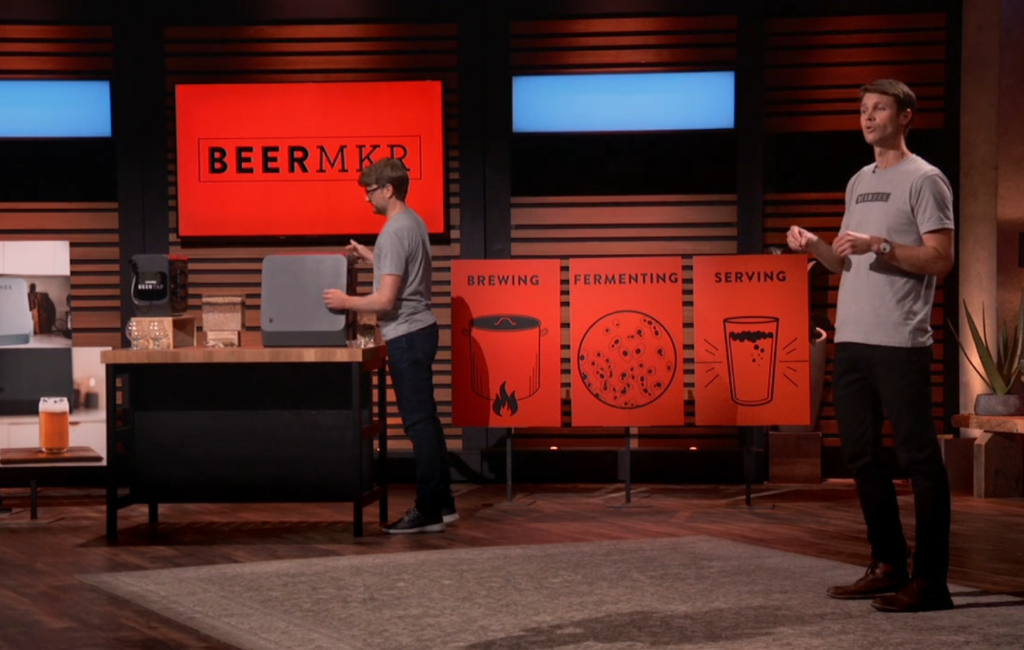
The Product
BEERMKR is a countertop craft brewing appliance designed to simplify the home-brewing process. It comes with an MKR Kit that includes all the necessary ingredients for brewing a batch of craft beer.
The process involves connecting the kit to the machine, adding water, and following the instructions. Over a period of about seven days, the machine controls temperature and pressure, creating high-quality craft beer.
Key features of BEERMKR include its ease of use, convenience, and the ability to produce a 12-pack of craft beer with each batch. The kit costs $15, and the machine retails for $499, making it an attractive option for beer enthusiasts interested in brewing their own beer at home.
Consumers can also opt for a subscription service, with a monthly cost of $15 per 12-pack, ensuring a steady stream of ingredients.
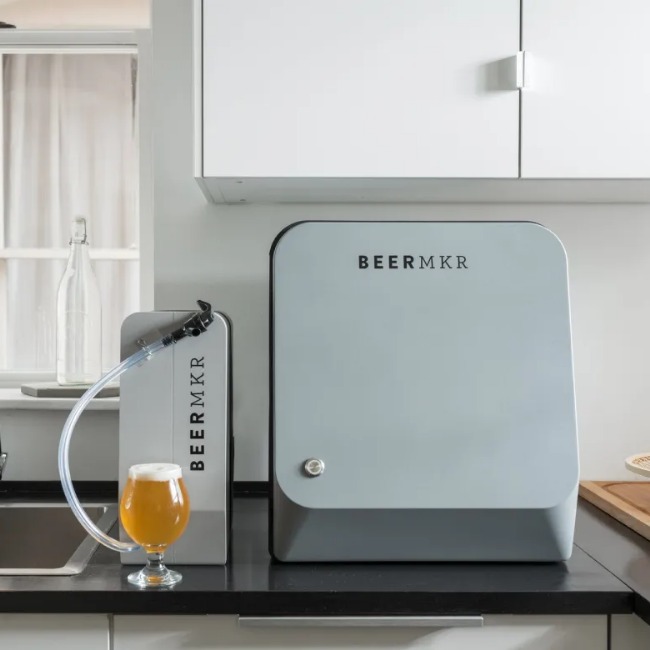
How It Went
The company’s position before Shark Tank
At the time of the Shark Tank pitch, BEERMKR had raised approximately $3 million in funding. The company had completed a successful Kickstarter campaign in 2018, where they pre-sold 1,000 units. They were in the process of delivering those units and had shipped about 24 of them so far. BEERMKR primarily relied on two revenue streams: the sale of the machine and the sale of MKR Kits (consumables).
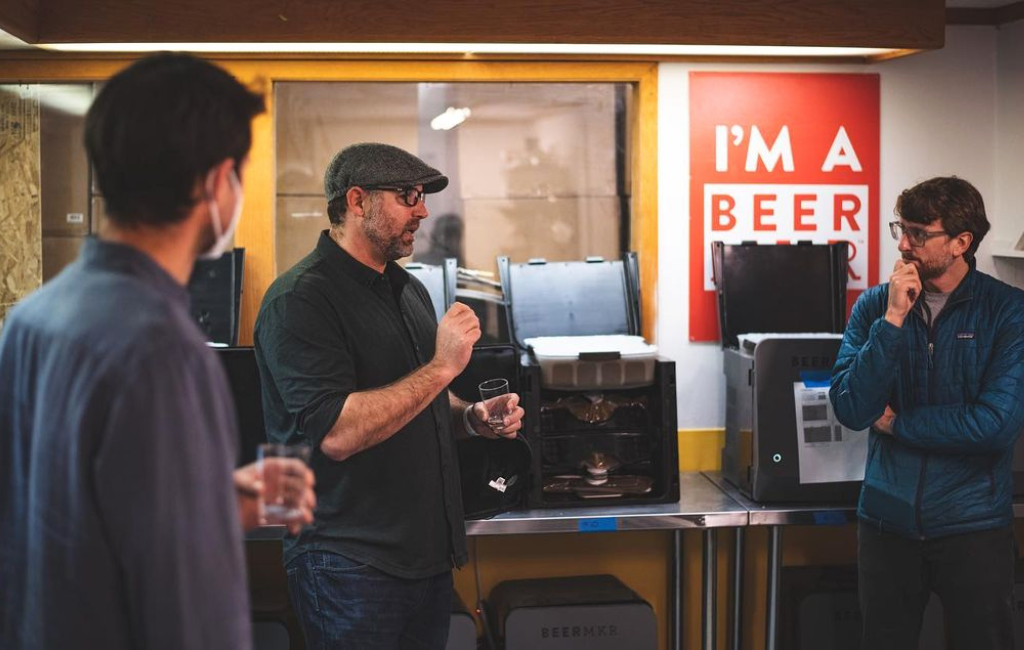
The cost to manufacture the machine was $375, and it retailed for $499. The consumable kits cost between $9 to $10 per kit at scale, with plans to encourage users to subscribe to a monthly delivery service. The company’s strategy was to get as many machines into the market as possible, focusing on the consumables as a recurring revenue stream. They were still in the early stages of building their customer base and were working on shipping the Kickstarter units to fulfill their initial orders.
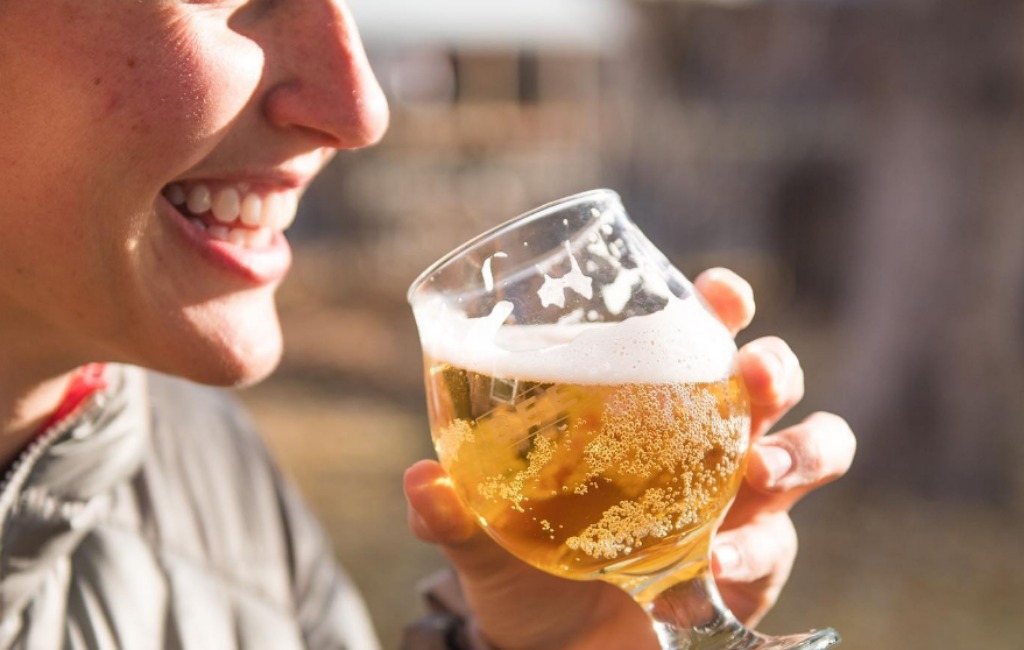
The Negotiations:
The founders initially asked for $500,000 in exchange for 2% equity, which the Sharks found to be an extremely high valuation. The other Sharks were critical of the company’s valuation and lack of sales and proof of concept, leading to multiple Sharks dropping out. Lori Greiner expressed concern about the company’s ability to retain customers and generate profits.
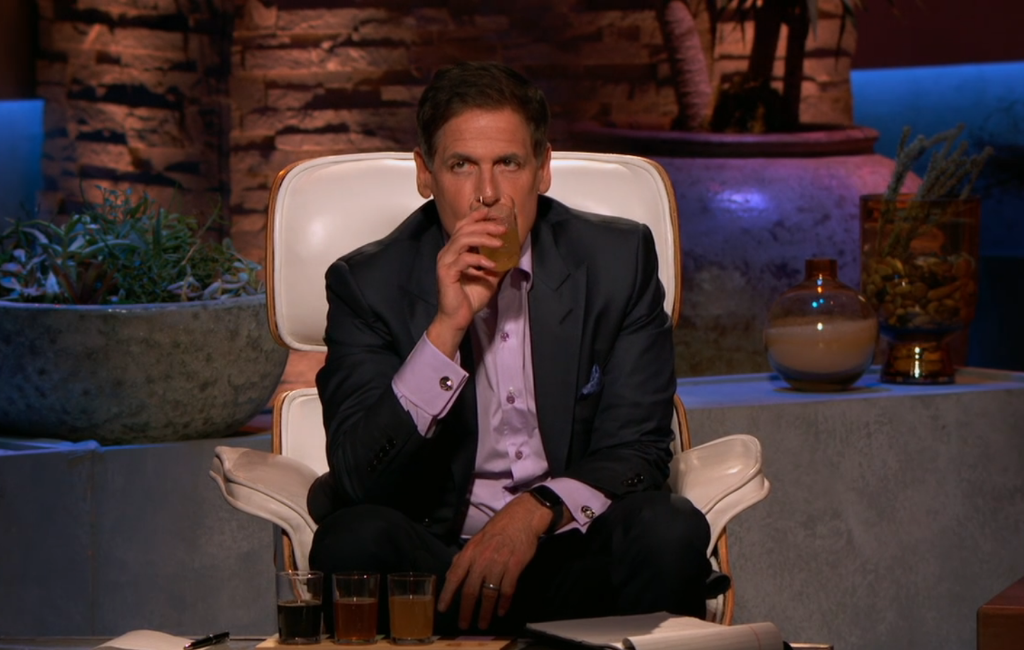
Kevin O’Leary was the only Shark to make an offer, proposing $500,000 as a loan at 9% interest for a 4% equity. He suggested a 36-month repayment plan. The founders expressed concerns about the debt portion of the offer, as they were worried about the working capital implications. They were hesitant to accept the debt and ultimately declined O’Leary’s offer.
In the end, the founders chose not to accept O’Leary’s offer, and the Sharks decided not to invest due to the high valuation and the early stage of the company’s development. Despite the rejection, the founders remained confident in their product and team, believing that BEERMKR would still succeed.






